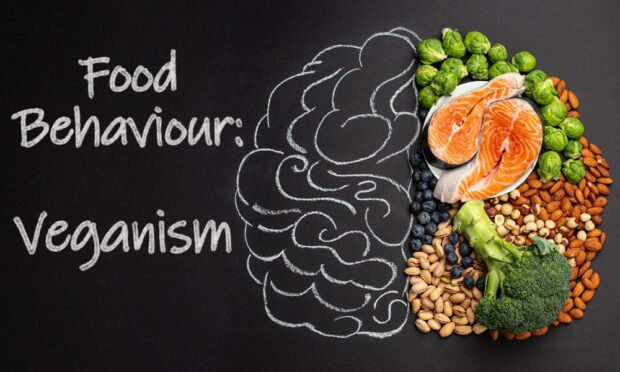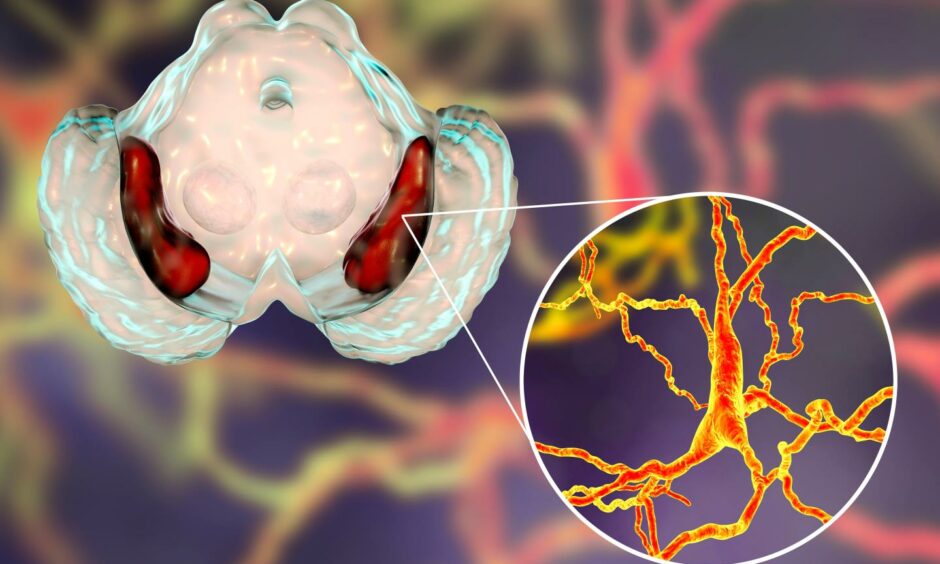What is veganism? In the first of my new Food Behaviour series I take a look at Veganuary and how media trends can affect our brain, as well our decision making.
Veganism for many people is more than just a diet, and rather a lifestyle. By definition, veganism is a way of living in which people try to avoid all forms of animal exploitation and cruelty.
The Vegan Society was first established around 75 years ago, but the first modern day vegan can be identified as Donald Watson. In November of 1944 he and five other non-dairy vegetarians met to discuss a non-dairy vegetarian diet and lifestyle.
Settling on the word “vegan” the group trademarked the term and in the words of Donald Watson it marked “the beginning and end of vegetarian.”

Since this time the growth and awareness around veganism, and following it as a lifestyle, has grown immensely.
This was increased by the introduction of Veganuary – a campaign aimed to get more people eating plant-based dishes during January – and the ‘Try Vegan’ campaign in 2014.
What is Veganuary?
Veganuary is a non-profit organisation that encourages individuals to try a vegan lifestyle for the entire month of January and beyond. During their 2021 campaign more than 500,000 people took the pledge to try a vegan diet.
Since its inception in 2014, Veganuary has taken a global position and has driven a mass change in consumer habits. In 2020, 41% of Brits reported completely removing or actively reducing the amount of meat in their diet.
Furthermore, Veganuary has helped introduce 825 new vegan products and menu options in a range of countries including the UK, USA, Germany, Chile, Argentina and Brazil.
To put this into perspective, since 2014 the number of vegans in the UK has risen exponentially from 150,000 to 600,000 in 2019 and has only continued to rise since then.
How has veganism become so mainstream?
With the recent growth of Veganuary as well as trending articles, conversations and recipes, many people have been intrigued to either learn about or try going vegan.
As well as this many well-known celebrities including Natalie Portman, Ariana Grande, Madonna and Ellen DeGeneres all follow vegan diets. As well as promote them themselves, they also encourage their fans to do so, too, via numerous different platforms.
With the rise in influence of social media in people’s lives, many enjoy trying the newest trend, product or service due to the novelty it brings.
Why do media trends affect us so much?
When we talk about social media, many of the trends we are subjected to can directly influence how we feel and think about fashion, food and general lifestyle.
Many individuals will feel if their friends, celebrities they follow, or even family are participating in Veganuary, that they should conform with those around them.
This is described as The Bandwagon Effect and is a cognitive bias that affects everyone in some way. It is one of the many ways group identification can affect us as human beings.
This comes from Henri Tajfel’s research on social identity theory in 1979, where he proposed individuals feel a need to be associated with a certain type of group.
This identification gives an important source of pride and self-esteem.
If we relate this to veganism, many individuals will conform to the rulings that associate with veganism in order to feel part of this group and wider community, with this being particularly noticeable in January.
How does it affect our brains?
When we encounter a new or surprising experience, we will naturally pay attention to the stimulus to determine whether it is a threat or not.
However, research in 2016 by Dr Duzel also suggests that novelty triggers a release of dopamine in the brain, treating it as a rewarding experience and encouraging us to find out more.
With regards to dopamine, it is a type of neurotransmitter which your body creates in order to send messages between nerve cells.
Dopamine is responsible for how we feel pleasure, and subsequently how we think, plan, focus to learn and increase motivation.
Why is dopamine so powerful?
Dopamine gives us a sense of happiness and is essentially telling our body this is a rewarding experience.
When novelty triggers a release of dopamine in the body, our brain will naturally associate this stimulus with a pleasurable experience. In the case of veganism, it will encourage us to explore the topic further and potentially try it.
This in turn creates an evolving process of constantly learning new recipes, ways of living as a vegan, and options that we have if we follow a vegan diet.
As a result, this can cause regular releases of dopamine, encouraging us to carry on the lifestyle and in turn create a habit of living as a vegan.
This article is part of an ongoing series where topics around food and drink and behaviour will be discussed.
If you have any suggestions on topics you would like to read about, please provide your suggestions in submission form below.
If you enjoy reading food and behaviour content, please see my website Behavioural Foodie.












